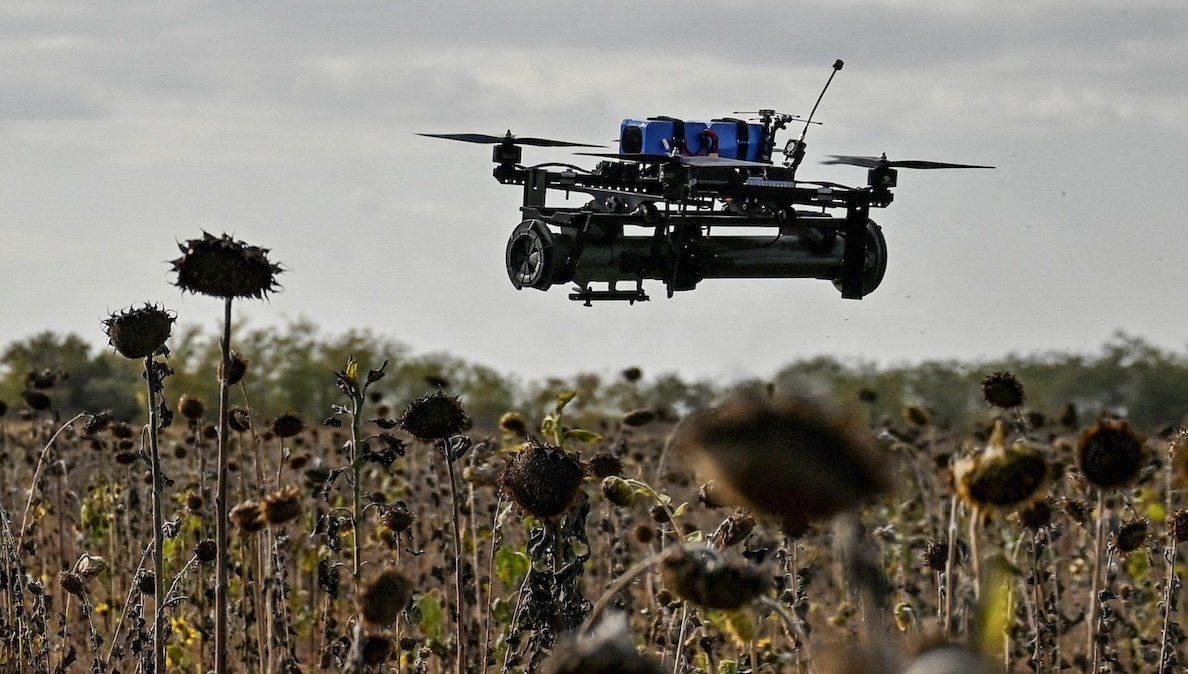Ukraine is using new
AI-powered drones to fly explosives toward Russian targets, military officials told Reuters. These drones are better suited than manual ones for navigating airspace with heavy signal-jamming, a defense mechanism militaries use to blast out radio waves and interfere with aerial communications systems.
Instead, these new drones use software from the Ukrainian company NORDA Dynamics, which uses computer vision — a type of artificial intelligence technology — to direct the drones to their targets. An unnamed Ukrainian official told Reuters this summer that the hit rates of manually controlled drones had fallen to 30–50%, and predicted at the time that the new drones could achieve 80% hit rates if successful.
Russia and Ukraine are racing toward
automating their militaries — and sometimes that means drones vs. drones. For instance, the Ukrainian military is using drones to take down Russian camera reconnaissance drones that help Russian forces identify targets on the ground in Ukraine. The Washington Post has also reported that Russian drones have
indiscriminately targeted civilians in the Ukrainian city of Kherson. It’s unclear whether Ukraine’s new drones can down these exact drones yet, but it’s clear that the two warring countries are already engaged in a drone-on-drone war.
